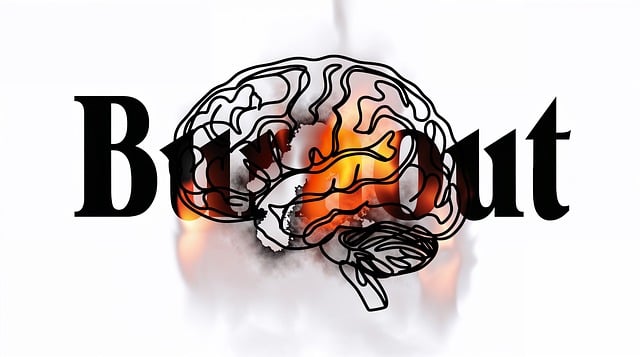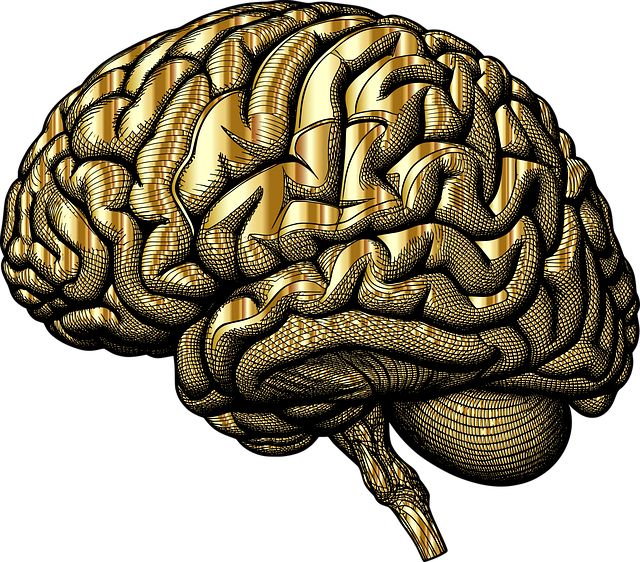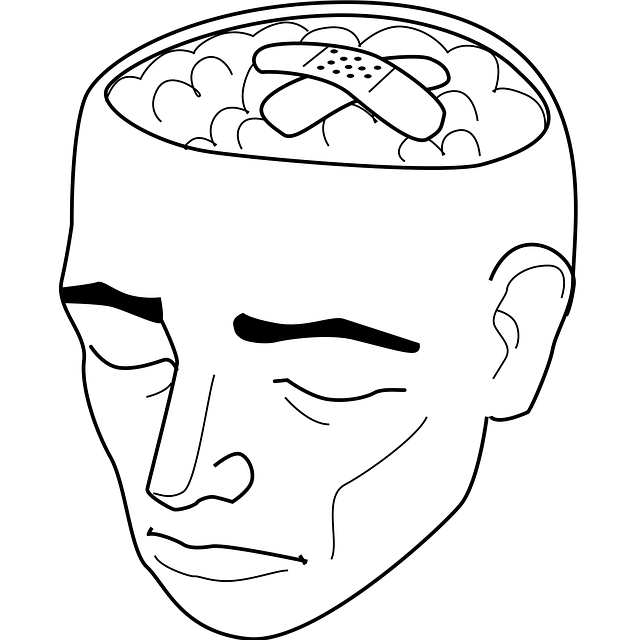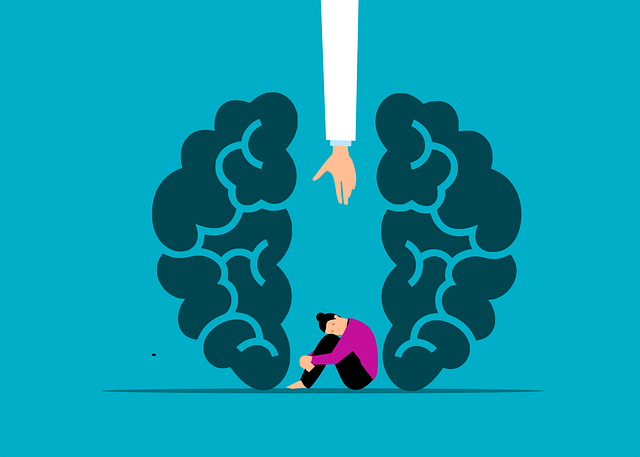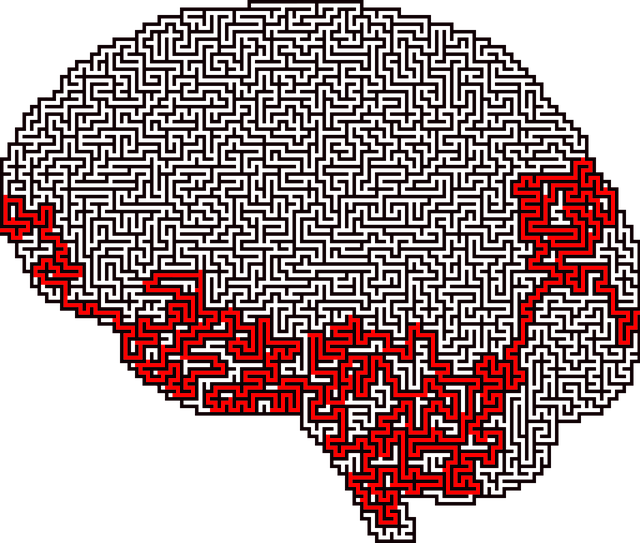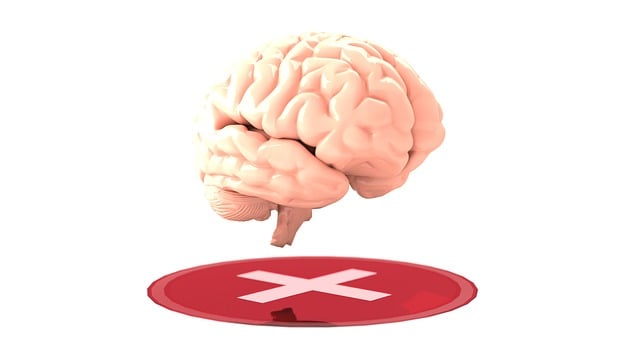Cultural competency is crucial in therapy for young children crisis counseling, creating safe, supportive environments aligned with diverse cultural identities. Integrating training enhances healthcare professionals' ability to address pediatric mental health needs, prevent burnout, reduce stigma, and improve access to counseling services. Effective crisis counseling techniques benefit both patients and providers, fostering emotional intelligence and work-life balance through Mind Over Matter principles. Strategic training methods, including case studies and role-playing, deepen understanding of cultural nuances, enhancing self-awareness and compassion for better patient outcomes.
Cultural competency training is essential in healthcare, especially for young children. This article explores three critical aspects: understanding cultural competency in pediatric healthcare, examining the impact of crisis counseling on vulnerable populations, and providing strategies for effective training programs. By delving into these topics, we aim to enhance practices in therapy for young children and crisis counseling, ensuring culturally sensitive and responsive care for all.
- Understanding Cultural Competency in Healthcare for Young Children
- The Impact of Crisis Counseling on Vulnerable Populations
- Strategies and Best Practices for Effective Training Programs
Understanding Cultural Competency in Healthcare for Young Children

Cultural competency is a vital aspect of healthcare that involves understanding and respecting diverse cultural beliefs, values, and practices. When applied to young children, it takes on an even more nuanced dimension as pediatric patients and their families come from a wide array of backgrounds, each with unique perspectives on health, illness, and healing. This is particularly relevant in the context of therapy for young children crisis counseling, where healthcare providers must create a safe and supportive environment that aligns with the child’s cultural identity.
By incorporating cultural competency training, healthcare professionals can effectively address the mental health needs of diverse pediatric populations. This includes strategies to prevent burnout, which is common among those working in demanding fields like healthcare. Burnout prevention initiatives, such as encouraging self-care practices and fostering supportive work environments, complement cultural sensitivity efforts. Moreover, reducing the stigma associated with mental illness among families from various cultural backgrounds can facilitate open communication and improve access to necessary counseling services for young children facing crises.
The Impact of Crisis Counseling on Vulnerable Populations

In times of crisis, vulnerable populations, including young children, often require specialized support to navigate through traumatic events. Crisis counseling plays a pivotal role in helping these individuals process their experiences and emotions effectively. Healthcare providers trained in crisis counseling can offer much-needed therapy for young children, ensuring they receive the care they deserve. By utilizing Mind Over Matter principles, which emphasize the power of mental resilience, healthcare providers can help young clients develop emotional intelligence—a crucial skill for coping with challenges.
Beyond its impact on individuals, crisis counseling has significant implications for healthcare provider wellness. Burnout prevention strategies are essential to maintaining a healthy work-life balance, especially in high-stress environments. By integrating crisis counseling techniques and fostering an environment of support, healthcare providers can enhance their ability to serve vulnerable populations while safeguarding their own emotional well-being.
Strategies and Best Practices for Effective Training Programs

Effective healthcare provider cultural competency training programs rely on strategic approaches to ensure deep learning and impact. One key strategy is incorporating diverse case studies and role-playing scenarios, allowing trainees to navigate complex situations with varying cultural backgrounds and needs. This hands-on method facilitates a deeper understanding of unspoken cues, communication preferences, and potential challenges patients might face when receiving therapy for young children or crisis counseling.
Additionally, training should emphasize the importance of self-awareness and emotional regulation as cornerstones for delivering compassionate care. By incorporating practices such as mindfulness exercises and burnout prevention techniques, healthcare providers can enhance their ability to offer anxiety relief to both patients and themselves. This holistic approach not only supports better patient outcomes but also fosters a more sustainable career trajectory in crisis counseling.
Cultural competency training is a vital tool for healthcare providers to offer effective therapy for young children, especially within vulnerable populations. By understanding cultural nuances and implementing strategies like crisis counseling, we can significantly improve healthcare outcomes. These best practices ensure that training programs are equipped to address the unique needs of diverse communities, fostering a more inclusive and compassionate healthcare system. Integrating these approaches is key to providing quality care and building strong connections with families from all backgrounds.
